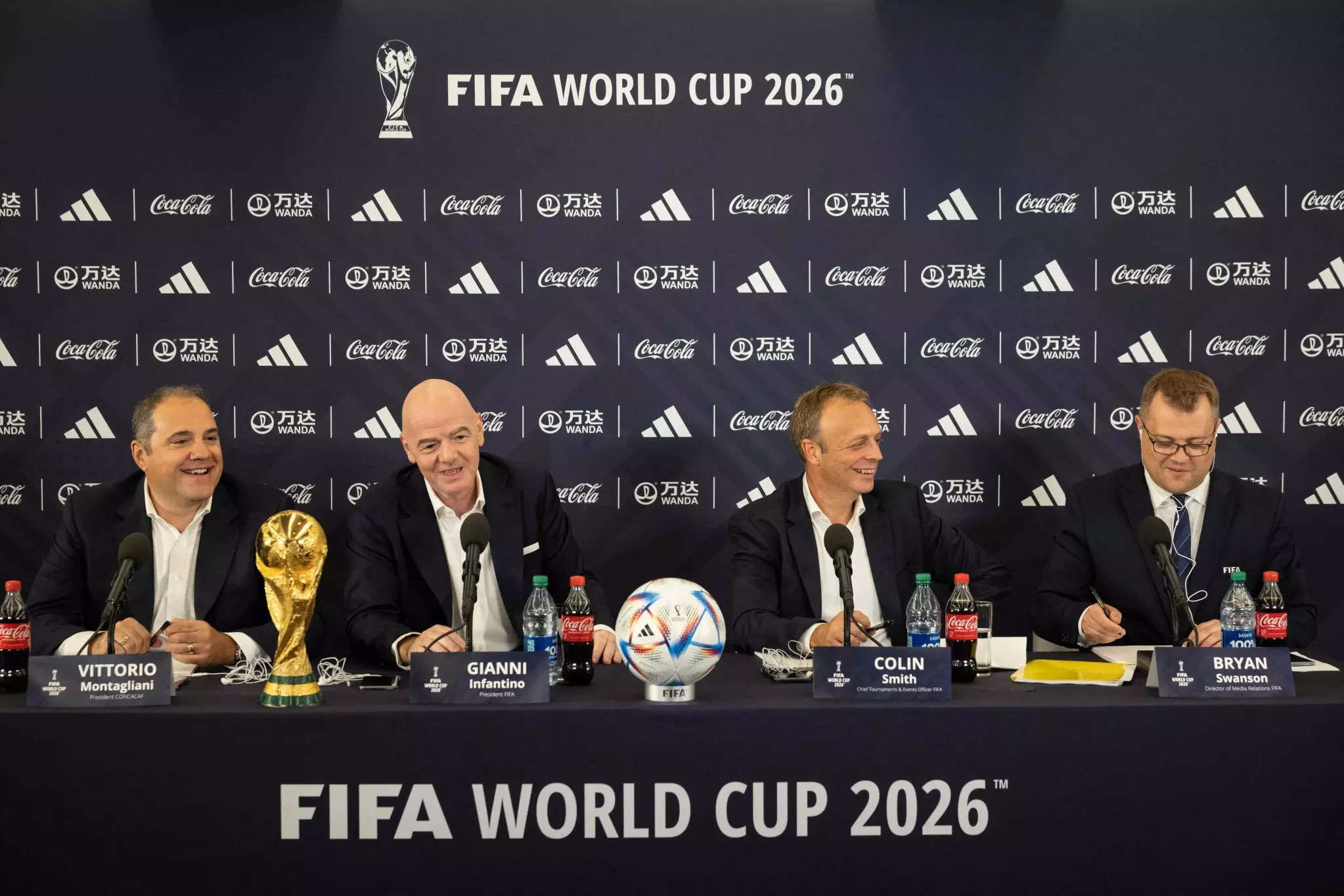A footballing nation once synonymous with tactical brilliance and World Cup glory finds itself at a critical juncture, facing the very real prospect of a third consecutive absence from the sport`s grandest stage. The search for a new national team manager is not merely a personnel change; it is a desperate plea for a new direction.
The Italian national football team, affectionately known as the Azzurri, is once again embroiled in a leadership crisis. Following a disappointing Euro 2024 campaign where they exited in the Round of 16, and the stark reality of having missed the last two FIFA World Cups in 2018 and 2022, the recent dismissal of coach Luciano Spalletti has plunged the team into further uncertainty. This decision came on the heels of a sobering 3-0 defeat in their opening 2026 World Cup qualifier against Norway, a result that immediately amplified the pressure on the Italian Football Federation (FIGC).
The immediate aftermath saw Claudio Ranieri, a figure of considerable esteem in the football world, approached for the vacant position. However, his decision to decline the offer, reportedly due to ongoing commitments, redirected the FIGC`s focus towards a new shortlist. The urgency is palpable; having already dropped crucial points in qualification, Italy has virtually no room for error. The new manager will inherit a team under immense pressure, with limited time for experimentation or a gradual build-up.
The Candidates: Legends, Pragmatists, and the `Special One`
The rumour mill has been churning with prominent names, primarily focusing on figures with deep ties to Italian football`s glorious past. Sky Italy has pointed to 2006 World Cup winners Gennaro Gattuso, Daniele De Rossi, and Fabio Cannavaro as strong contenders. These are individuals who understand the very fabric of Italian football, having donned the national team jersey with distinction and lifted the ultimate prize. Their appointment would undoubtedly resonate emotionally with the Italian faithful, representing a desire to return to the roots of their success.
However, another name has emerged, one synonymous with winning, albeit often in a fashion that prioritizes results over aesthetic flair: Jose Mourinho. The “Special One,” according to transfer expert Matteo Moretto, is a candidate who presents a fascinating, almost paradoxical, option for the Azzurri.
The Mourinho Conundrum: A Short-Term Savior?
Mourinho`s credentials are undeniable. His extensive experience at the highest levels of club football, including successful stints in Italy with Inter Milan and AS Roma, makes him a compelling figure. He is a manager known for his ability to galvanize teams quickly, instil a robust defensive structure, and deliver immediate results. In a situation where Italy needs to qualify for the 2026 World Cup by any means necessary, a manager who can secure short-term gains holds undeniable appeal. His tactical pragmatism, a hallmark of his coaching philosophy, might align surprisingly well with Italy`s historical emphasis on defensive solidity and counter-attacking prowess.
The irony, of course, lies in the FIGC`s stated desire for a “young manager” who can “continue the project started with Luciano Spalletti.” Mourinho, at 61, hardly fits the “young” profile, nor is he typically associated with long-term “projects” in the conventional sense. His appointments often bring immediate impact, followed by periods of intense pressure and, eventually, departure. Yet, for a national team staring down the barrel of a historical third consecutive World Cup miss, perhaps a rapid, impactful intervention is precisely what is required, even if it deviates from a long-term vision.
Mourinho himself has often expressed an ambition to coach a national team. While he turned down Portugal`s offer in early 2023 to remain with Roma, the allure of leading a footballing giant like Italy, especially into a tournament as grand as the 2026 World Cup alongside managerial titans like Carlo Ancelotti (now with Brazil), Mauricio Pochettino, and Julian Nagelsmann, could prove irresistible. It would be a final, glittering chapter in a storied career, adding national team success to his already overflowing club trophy cabinet.
The Stakes and the Path Forward
The choice facing the FIGC is monumental. Opting for a former legend like Gattuso, who is reportedly the most likely candidate, offers a narrative of internal strength and a return to past glories. It is a choice that banks on emotional connection and an inherent understanding of the national team`s psyche. However, it also places immense pressure on individuals who, while decorated players, may not possess the extensive, high-stakes managerial experience required to navigate such a perilous qualification campaign.
The last time Italy played a knockout match at a World Cup was the iconic 2006 final, a testament to how long the nation has been adrift from the pinnacle of international football. The decision on the new manager will shape not just the immediate qualification hopes, but potentially the trajectory of Italian football for years to come. In a footballing landscape increasingly defined by precision and ruthlessness, Italy needs a leader who can deliver, and fast. Time, as the saying goes, waits for no one, especially not for a nation clinging to the fading echoes of past glory while facing a very present and pressing crisis.
The path to the 2026 World Cup is fraught with challenges for the Azzurri. The selection of their next manager is a pivotal moment, a decision that will either ignite a resurgence or deepen the despair of a nation that expects, and demands, nothing less than excellence on the global stage.

